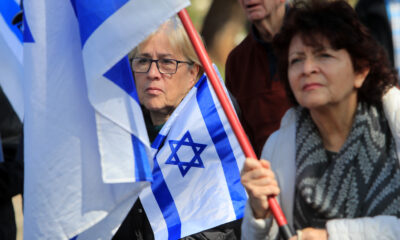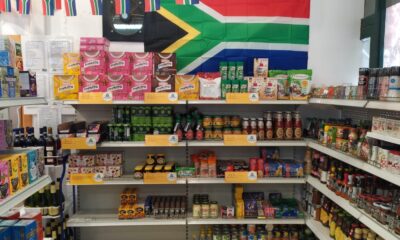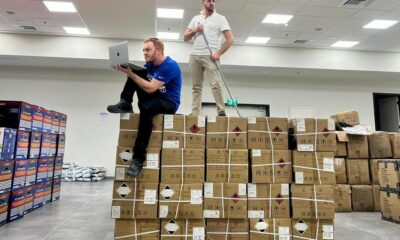
Israel
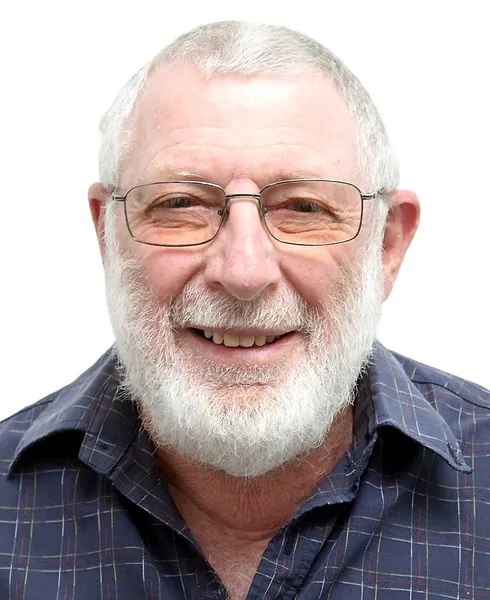
SA olim make exponential impact
Published
1 year agoon
Space, psychiatry, chocolate, politics, and more. The impact South African olim have had on Israel is immense.
“South Africans have made a contribution to Israel a hundred times in excess of the number of South Africans who have come to Israel and the South African Jewish population,” says Peter Bailey, who made aliya 10 years ago.
An amateur historian, Bailey is the author of two books on Israel and highlights South African/Israeli connections during the walking tours he conducts for retired South African olim.
There are too many notable South African olim to name, he says, including Judge Cecil Margo who set up the Israeli Air Force and Benoni-born billionaire entrepreneur and philanthropist, Morris Kahn, who funded the first Israeli spacecraft mission to the moon in 2019.
South Africa’s contribution to Israel’s space industry doesn’t end there. The recently appointed chairperson of the Israeli Space Agency, Professor Dan Blumberg, moved to Israel from South Africa at the age of eight. Blumberg, who has led the development of the Israeli space scene and was the principal investigator on multiple remote sensing projects, is also vice-president for regional and industrial development at Ben-Gurion University of the Negev.
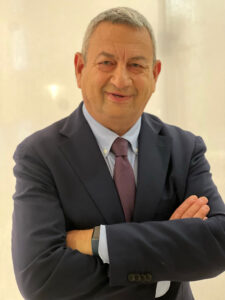
Among his significant achievements, Blumberg feels his biggest contribution to Israel is through his students. “There are several start-ups that have come out of my lab. It’s about the people that I’ve impacted,” he says. He’s also passionate about developing the Negev, and has been celebrated for his ability to map climate change in desert and arid environments.
For Ruth Berman, a Cape Town-born linguistics professor who made aliya in 1954, her students’ contributions to the field are a particular source of pride. The recipient of the Israel Prize in Hebrew and General Linguistics in 2022, Berman says that the best part of the honour was the joy expressed by her ex-students.
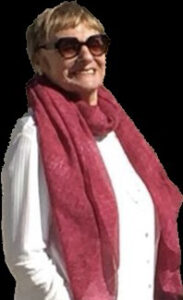
Berman paved the way for linguistic study of modern Hebrew from the 1970s, when it was studied only as a holy language from scriptural texts. “Nobody really looked at Hebrew as a living modern language,” she says. “That’s what I was interested in, and that’s what I do to this day.” She also initiated the study of child-language acquisition in Hebrew.
“I did it very much in my own way at a time when there weren’t that many women who had senior positions in academia,” she says. “I was a feminist before I knew what the word meant.” Though she had a family and ran a home, Berman passionately pursued her profession, and proudly provided an example for her female students.
Another pioneering South African olah, social entrepreneur and social worker Naomi Stuchiner, is also a former Israel Prize recipient, in her case, for lifetime achievement. Driven to continue the work of her late father, Issie Shapiro, a founder of Selwyn Segal who wanted to change the way that people with disabilities were being cared for, Stuchiner started Beit Issie Shapiro more than 40 years ago.
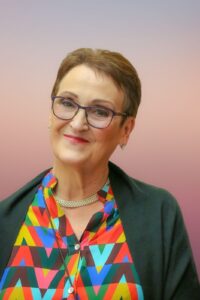
Today, it’s Israel’s leading disabilities nongovernmental organisation, and serves half a million people each year, focusing on innovation, technology, and inclusion, Stuchiner says. “We’ve made an enormous impact on disability care in Israel not only through our programmes but also in changing attitudes and legislation, sharing knowledge in Israel and abroad, and providing high quality services.”
Stuchiner is as enthusiastic about her work as she was 40 years ago. “I’m excited and inspired by the next generation, and by the things that are happening in Israel in the field of disabilities,” she says.
Also still motivated after decades in his field, Professor Bernard Lerer is a professor of psychiatry and the director of Hadassah BrainLabs and Center for Psychedelic Research at Hadassah Medical Center. South African born Lerer was active in Bnei Akiva, and together with friends formed a garin (settlement group) called Alon Etzion in Gush Etzion where he and his wife settled in 1972.
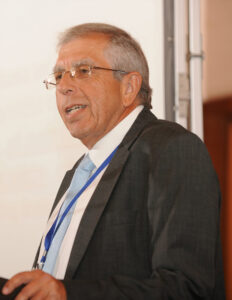
Having started a major research programme in the biological causes of psychiatric disorders and the drug treatment thereof, he continues to spearhead research in the development of new psychiatric treatments. Identifying the potential of psychedelic drug treatments early on, Lerer plans to extend his psychedelic research into a clinical unit in the next year.
In spite of his considerable professional accomplishments, Lerer says his proudest achievement in Israel was in helping to establish his garin. “It was a forerunner of a very large influx of South Africans to the settlement of Efrat, which then became a city close to where we live,” he says. “I like to think that my wife and I, together with our colleagues, made a big impact on Israel by starting something new where many of our children, grandchildren, in some cases great-grandchildren live today.”
Also part of Bnei Akiva South Africa, Lenny Sackstein made aliya at 25 after completing his legal studies. He requalified in Israel, but also pursued entrepreneurial opportunities. Investing in a duty-free processed cheese shop at Ben Gurion Airport, Sackstein and his partners realised that there was a stronger demand for confectionery. Later collaborating with fellow South African Lawrence Goodman, whose family ran a sweet company, Sackstein learned the business and opened a sweet factory, which slowly grew, eventually going public.
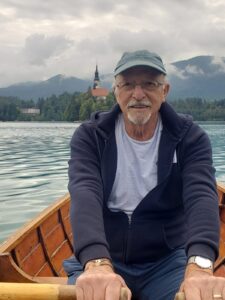
Today the business, known as Carmit, is the second largest chocolate manufacturer in Israel. “We’ve just completed a new factory, offering a new product range together with chocolate, which will open in May as we celebrate 50 years of the business,” Sackstein says. He also oversees a successful real-estate portfolio and is invested in his daughter’s brainchild, Make Eat, a shared cooking space for small-scale food manufacturers.
“It’s all been thinking out of the box, meeting demands, and working very hard,” he says. “We’ve made an impact on Israel – albeit very quietly.”
Former Israeli Knesset member Ruth Wasserman Lande, who was born in Israel but grew up in Cape Town, calls Israel, “a safe haven for world Jewry”. After matriculating from Herzlia High School, she returned, studied, and became a lone soldier in the Israel Defense Forces.
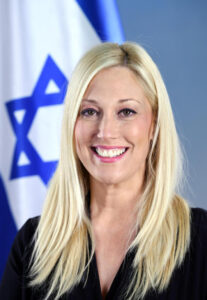
Building her military, academic, and political credentials, Wasserman Lande was accepted by the ministry of foreign affairs, where she insisted on being sent to the Israeli embassy in Cairo – “a challenging but eye-opening experience”.
Later, Wasserman Lande was an advisor for former Prime Minister Shimon Peres, and more recently, she represented the Blue and White party in the Knesset. She was also the co-founder and chairperson of the Knesset’s Abraham Accords Caucus.
Now the chairperson of World Jewish Congress’s newly established Women’s Impact Forum, Wasserman Lande is also an active political commentator. “I’ve been a big advocate of cohesion, a huge issue in Israel today where society is so divided,” she says. “This is very much a legacy that I’ve taken from South Africa, especially because I matriculated in 1993 as everything was changing. It helped me understand that social cohesion, particularly in Israel, is an issue of national resilience.”





